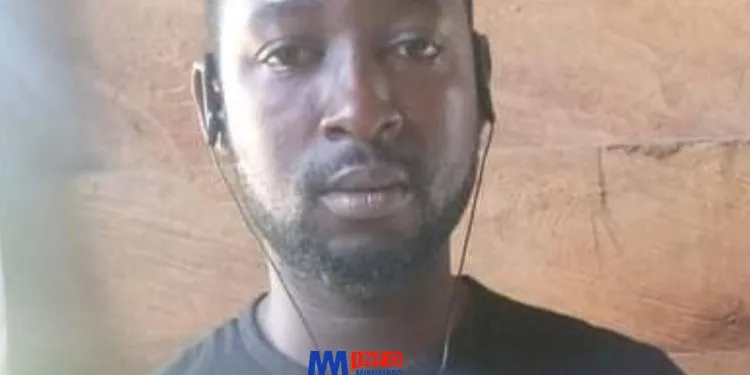The 21st Support Battalion successfully killed Desmond Koa, a notorious Ambazonia separatist fighter who went by the alias ‘General Mad Dog’. Koa, along with his associate Marcel Ayere, operating under the alias ‘Colonel Doctor’, was killed during a mission on Wednesday, April 24.
Their remains were publicly showcased that same evening at the BICEC Junction in Kumba. During the gathering, Chamberlain Ntou’ou Ndong, the Senior Divisional Officer (SDO) for Meme, shared that ‘General’ Mad Dog served as the Head Councillor in Nkumu Nkumu Quarter Council, a village located in Mbonge Subdivision.
The SDO accused Koa of being responsible for the murders of PAMOL workers in the Lobe Estate and for intimidating employees of the agricultural company. He made additional allegations against Koa, claiming that they were responsible for the destruction of more than 600 National Identity Cards and involved in kidnapping for large ransoms. The operations of ‘General’ Mad Dog covered a wide range of areas, such as Lobo Junction, Kombone Mission, Boa Bakundu, Bombele, Nkumu Nkumu, Bombanda, and parts of Ndian Division.
Amidst the corpse parade, the SDO highlighted the importance of unity and collaboration between the people and security forces to uphold peace and security. Ntou’ou Ndong praised the courage of the security forces in protecting people and their belongings.
Recent developments suggest a sense of calm in the Meme Division, with notable advancements made on important projects like the Kumba-Ekondo-Titi road.
In 2020, another Ambazonia separatist fighter, Fonteh, also known as ‘General Mad Dog’, was killed in Bamenda, and his corpse was abandoned at the City Chemist roundabout.
Brief Background of the Anglophone Crisis
Origins (2016): In Cameroon’s Anglophone regions (Northwest and Southwest), there were peaceful protests organised by lawyers and teachers who felt marginalised by the Francophone-dominated government. However, security forces responded to these demonstrations with harsh crackdowns.
In 2017, the government’s response to the protests intensified tensions among Anglophone activists, ultimately resulting in the declaration of independence for a new nation known as “Ambazonia.” This declaration led to an armed conflict between separatist groups and the Cameroonian military.
Innocent Victims of Conflict: Amidst the intensification, ordinary people have tragically become the primary targets of the ongoing violence. Separatist groups have employed tactics that endanger civilians, including:
- School Boycotts: In recent years, the unfortunate reality of enforced school closures has resulted in a significant number of children being deprived of their right to education.
- Incidents of Violence Against Teachers and Students: Educators and students who refuse to comply with the boycott have become the victims of separatist attacks, creating an atmosphere of intimidation.
- Allegations have been made against both government forces and separatists for their involvement in targeted killings and abductions of civilians suspected of collaboration.
The situation is complex, involving actions by both government forces and separatists that violate human rights. Nevertheless, the intentional focus on schools and civilians by separatist groups has caused immense harm to the Anglophone regions.



